Welcome to Creative Bursts - short creative activities to do at home with your children.
Creative Bursts are created by Sarah Webb, an award-winning children's writer and children’s book champion. Her children’s books include A Sailor Went to Sea, Sea, Sea, illustrated by Steve McCarthy which won the Irish Book Awards Junior Category and Blazing a Trail: Irish Women Who Changed the World, illustrated by Lauren O’Neill which won the Irish Book Awards Senior Category.
Her latest book is Dare to Dream: Irish People Who Took On the World (and Won!), illustrated by Graham Corcoran and Animal Crackers, a book of funny animal facts will be out in the autumn, co-created with Alan Nolan.
She has taught creative writing for over twenty years to both children and adults and runs Writing Clubs for young writers.
Sarah believes that creativity is vital for children’s well being and is providing Creative Bursts while schools are closed to help encourage creativity at home by providing free creative activities to share with children.
To get lost in a Creative Burst all you need is a pencil or pen and a notebook or piece of paper.
The writing games and prompts are aimed at around age 9+ but could be done with younger children with some help.
Remember grown-ups – please join in too! It’s great for children to see you being creative, making mistakes and having fun on the page!
Warm Up
Let’s warm up those writing muscles.
Start by writing this quote – Sarah’s favourite - into your writing notebook, copybook or sheet of paper. You could give it a fancy frame or border if you like!
And above all, watch with glittering eyes the whole world around you because the greatest secrets are always hidden in the most unlikely places. Those who don't believe in magic will never find it. Roald Dahl
This Week
This week we will write and draw and we will also learn about Granuaile, one of our greatest sailors and leaders and explorer and dragonfly expert, Cynthia Evelyn Longfield, known as ‘Madam Dragonfly’.
Creative Bursts Challenge - Monday
Travel, Adventure and Exploration
Kubla Khan by Samuel Taylor Coleridge (Extract)
In Xanadu did Kubla Khan
A stately pleasure-dome decree:
Where Alph, the sacred river, ran
Through caverns measureless to man
Down to a sunless sea.
1/ Do you love travel and adventure? Do you want to be an explorer and discover new species like Madam Dragonfly?
Write about a place you’d like to explore
What would you discover there?
Here are some examples:
Mars
The ocean abyss
The Amazon jungle
The Arctic or the Antarctic
The Egyptian desert
2/ Write about a discovery you make in the place you have chosen. Have you found a new plant, animal or ancient treasure? You decide! Draw it too.
3/ Write a poem called One Day
Finish the sentences below to complete your poem.
One day I will explore…
One day I will travel…
One day I will see…
One day I will discover…
And then I will…
Creative Bursts Challenge - Tuesday
The Sea
Sea Fever by John Masefield (Extract)
I must go down to the seas again, to the lonely sea and the sky,
And all I ask is a tall ship and a star to steer her by;
And the wheel’s kick and the wind’s song and the white sail’s shaking,
And a grey mist on the sea’s face, and a grey dawn breaking.
1/ Write a story or a poem about being on a great sea voyage
Maybe you have been on a fishing boat, a ferry, a sailing boat or even a kayak – you can use this experience to inform your writing.
Describe what it feels like to be on the sea:
Are there waves lapping at your boat?
Can you hear sea gulls?
Do you see whales or dolphins?
You decide!
2/ Do you like swimming or paddling? Write a story or poem about swimming or paddling in the sea.
3/ Imagine you are a fish. Write a story or poem about what it feels like to be a fish, through the fish’s eyes. Draw the fish.
Look up the poem ‘A Baby Sardine’ by Spike Milligan – it’s great!
Creative Bursts Challenge - Wednesday
Sailors, Pirates and Sea Shanties
Granuaile was sometimes called the Pirate Queen of Connacht. Sailors and pirates often sang sea shanties.
1/ Try writing (and singing) your own sea shanty. Now there’s a challenge!
Think about adding sea names:
The Irish Sea
Atlantic Ocean
And names of sea animals and birds
And what about some of the things you’d find on an old-fashioned ship – sails, ropes, barrels, wheels etc
And weather you might find – storms, gales, fair winds
2/ Create your own pirate crew – but with a funny twist and write a story about one of your adventures.
You could be a crew of:
Dogs
Cats
Babies
Children
Witches
You decide!
Give your crew a brilliant name and draw them!
3/ Whales – my favourite animals!
Write a poem about a whale.
You can use this structure if you like:
Whales
As big as…
The colour of…
They…
On the…
But I’ve never seen a whale…
Creative Bursts Challenge - Thursday
Dragonflies
I wish I was a dragonfly
Hallelujah in sunbeam.
Anonymous
1/ Madam Dragonfly spent her whole life exploring and discovering new insects. She travelled by boat, rail, road, dirt track, hacking her way through jungles with a machete!
I want you to image you are in a jungle, looking for new insects, like Madam Dragonfly.
What do you see and hear?
What kind of animals do you encounter?
What new insect do you discover?
2/ The Dragonfly by Alfred, Lord Tennyson
Today I saw the dragonfly
Come from the wells where he did lie.
An inner impulse rent the veil
Of his old husk: from head to tail
Came out clear plates of sapphire mail.
He dried his wings: like gauze they grew;
Thro’ crofts and pastures wet with dew
A living flash of light he flew.
Write a poem or haiku about a dragonfly.
The structure of a haiku:
Line 1: 5 syllables
Line 2: 7 syllables
Line 3: 5 syllables
3/ Draw a dragonfly. Give it a name and its own personality. Write about an adventure it has.
If you’ve never seen one, look them up first! They are amazing creatures.
Illustration of Cynthia and her beloved dragonflies by Graham Corcoran from Dare to Dream.
Creative Bursts Challenge - Friday
Being Brave
The Road Not Taken by Robert Frost (Extract)
Two roads diverged in a wood, and I,
I took the one less traveled by,
And that has made all the difference.
1/ Granuaile was strong, clever and brave. It took her many years to become a brilliant sailor.
Is there something you’d like to learn how to do in the future?
Sail (like Granuaile)?
Learn a language?
Play a musical instrument?
Make a list of three things (or more) you’d like to learn or find out about in the future.
2/ If you could go back in time and ask Granuaile or Cynthia (Madam Dragonfly) or another interesting person from the past a question, what would you ask them?
Write a story about meeting them and asking your question.
3/ Write a script of your meeting or another scene from the life of Granuaile or Madam Dragonfly or another brave explorer or adventurer.
Act it out if you like – you could even post it on social media. Don’t forget to tag me so I can see it!
You might need to do some research to find out what people wore at that time.
Or you could act this one out if you like:
GRANUAILE (Script by Sarah Webb)
Granuaile: ‘Father, I must speak with you.’
Father: ‘What is it, child?’
Granuaile: ‘That’s just it. I’m not a child anymore, I’m thirteen and I want to sail to Spain with you to trade. I’m ready, Father.’
Father: ‘Granuaile, you may be thirteen but you are a girl. Girls do not sail. And besides, your hair would get caught in the ship’s rigging.’
Granuaile: ‘But Father…’
Father: ‘My decision is final. Now please leave me to my work.’
Granuaile storms off. She cuts her hair and marches back in
Granuaile: ‘Father, I have shorn off my hair. Now will you let me sail? Please. The sea calls me. It is in my blood. I cannot live if I do not sail.’
Father: ‘I can see your mind is made up. Very well, Granuaile. You may sail to Spain with us.’
Granuaile: ‘Thank you, Father. You won’t regret it.’
Buy the books Blazing a Trail and Dare to Dream here: https://www.obrien.ie/sarah-webb
Or here: https://www.halfwayupthestairs.ie/
I hope you enjoyed this week’s Creative Bursts and Write with Sarah
And remember what Einstein said: ‘Creativity is intelligence having fun.’
Keep writing,
Sarah XXX
All text copyright Sarah Webb 2020




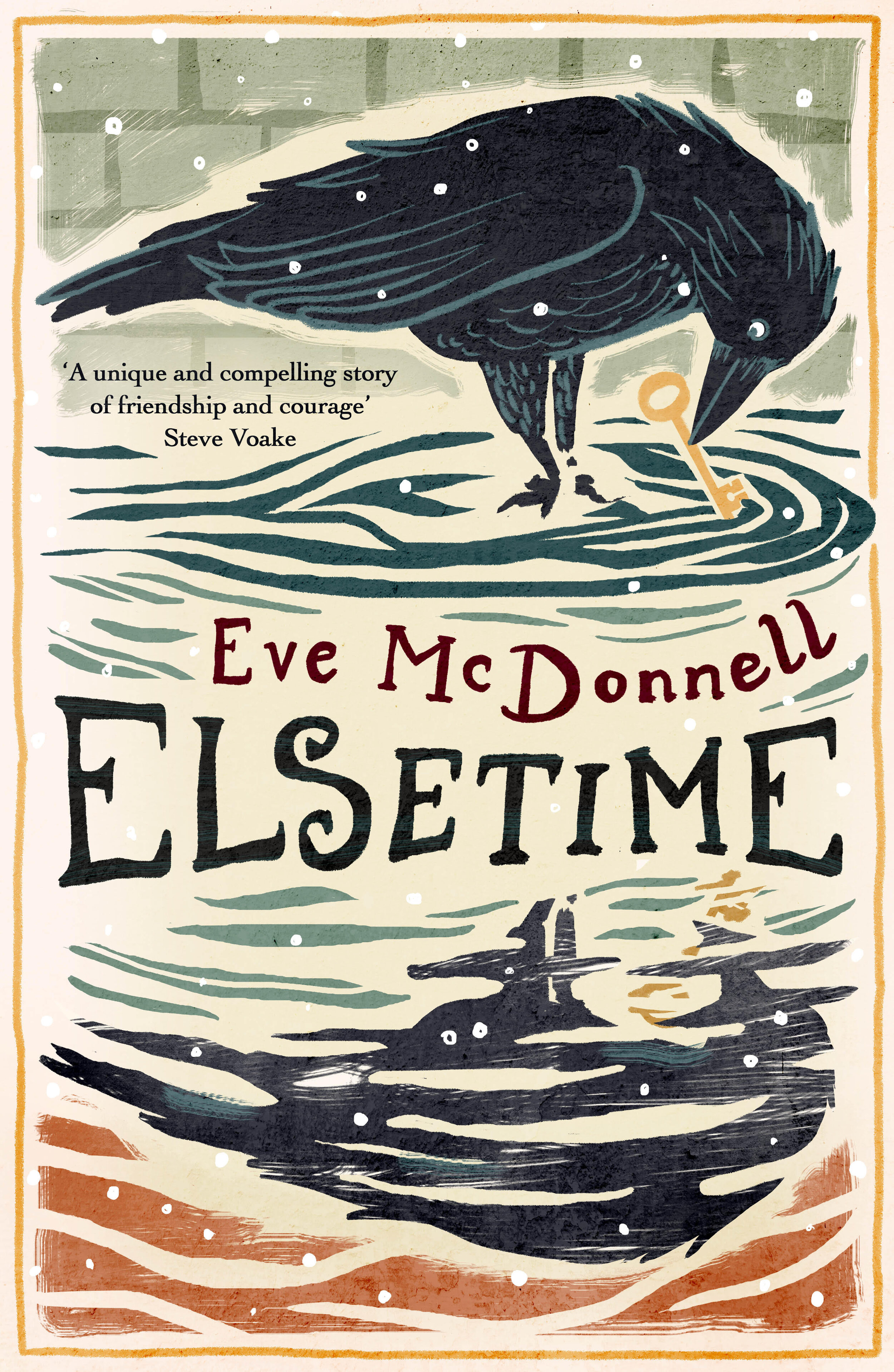
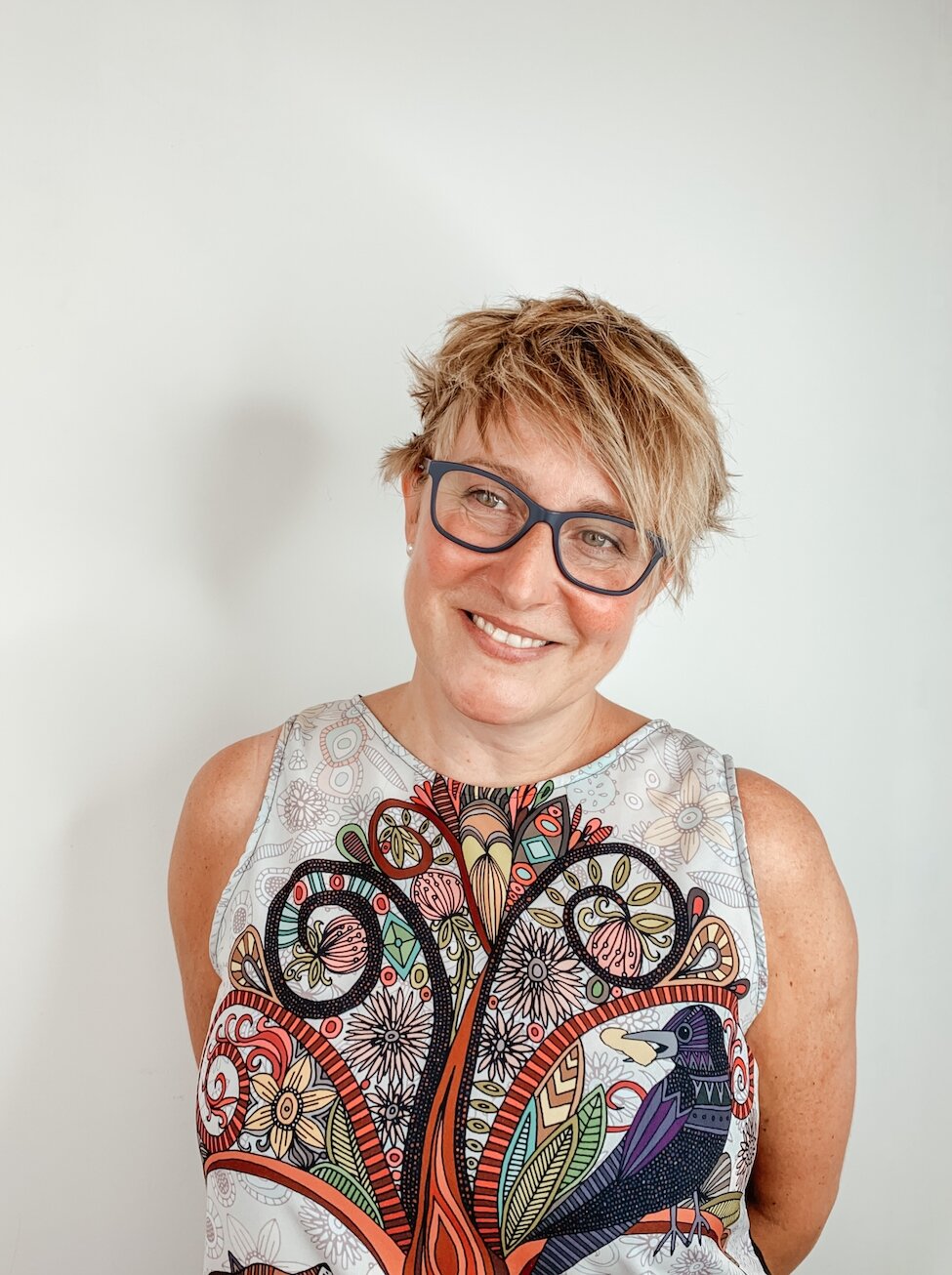








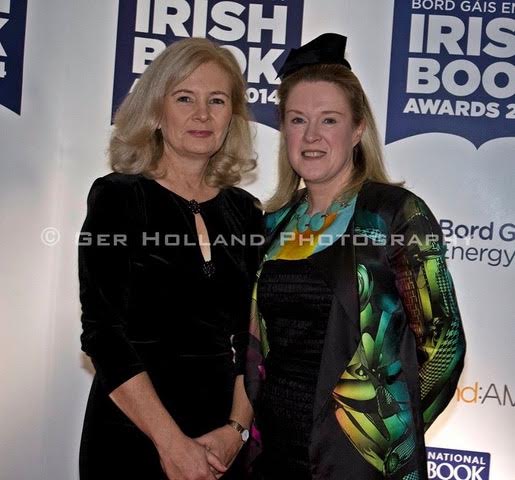
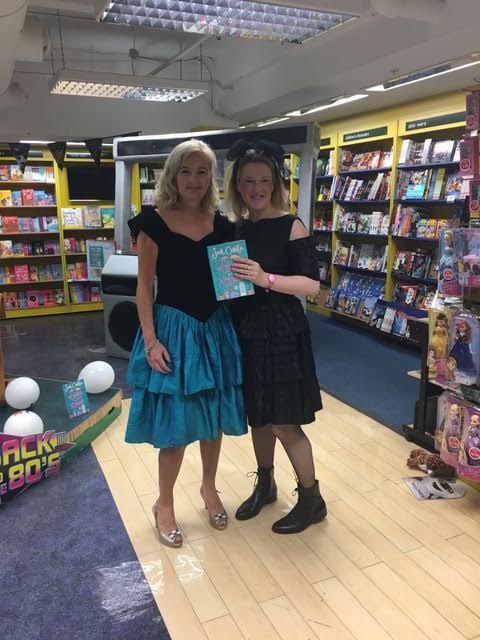
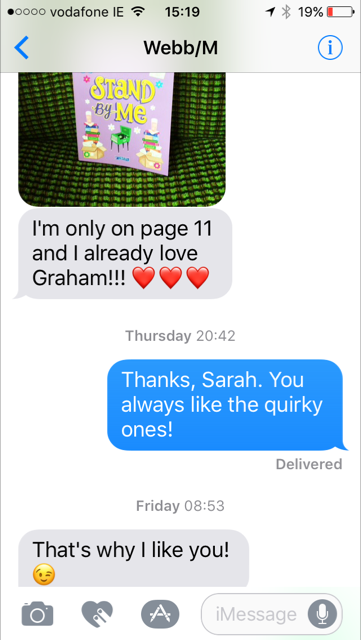
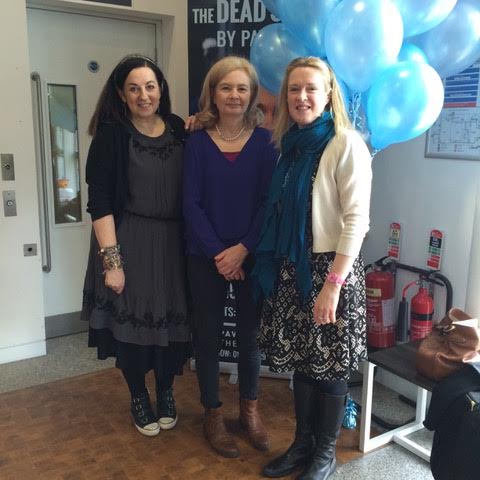


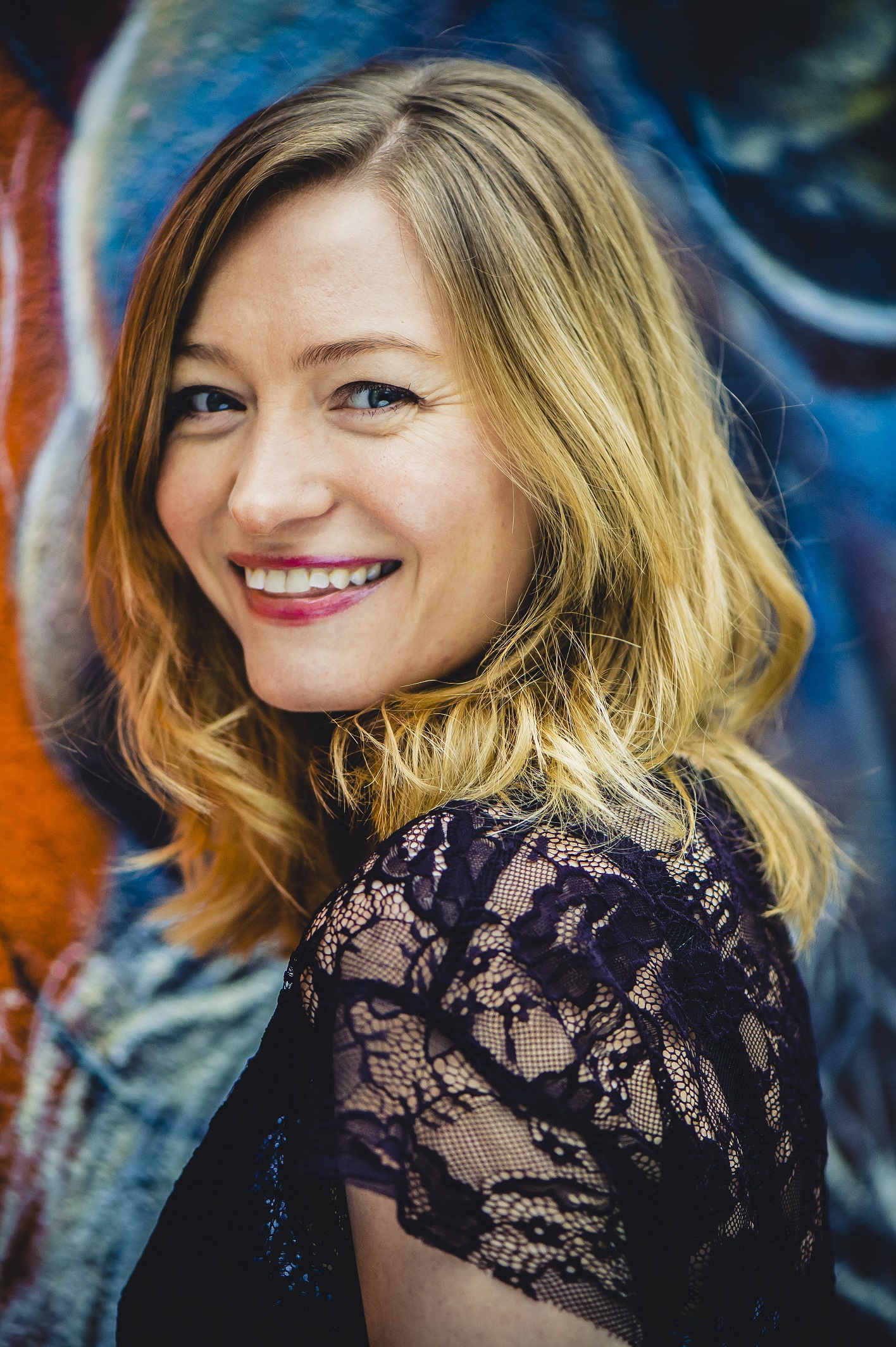





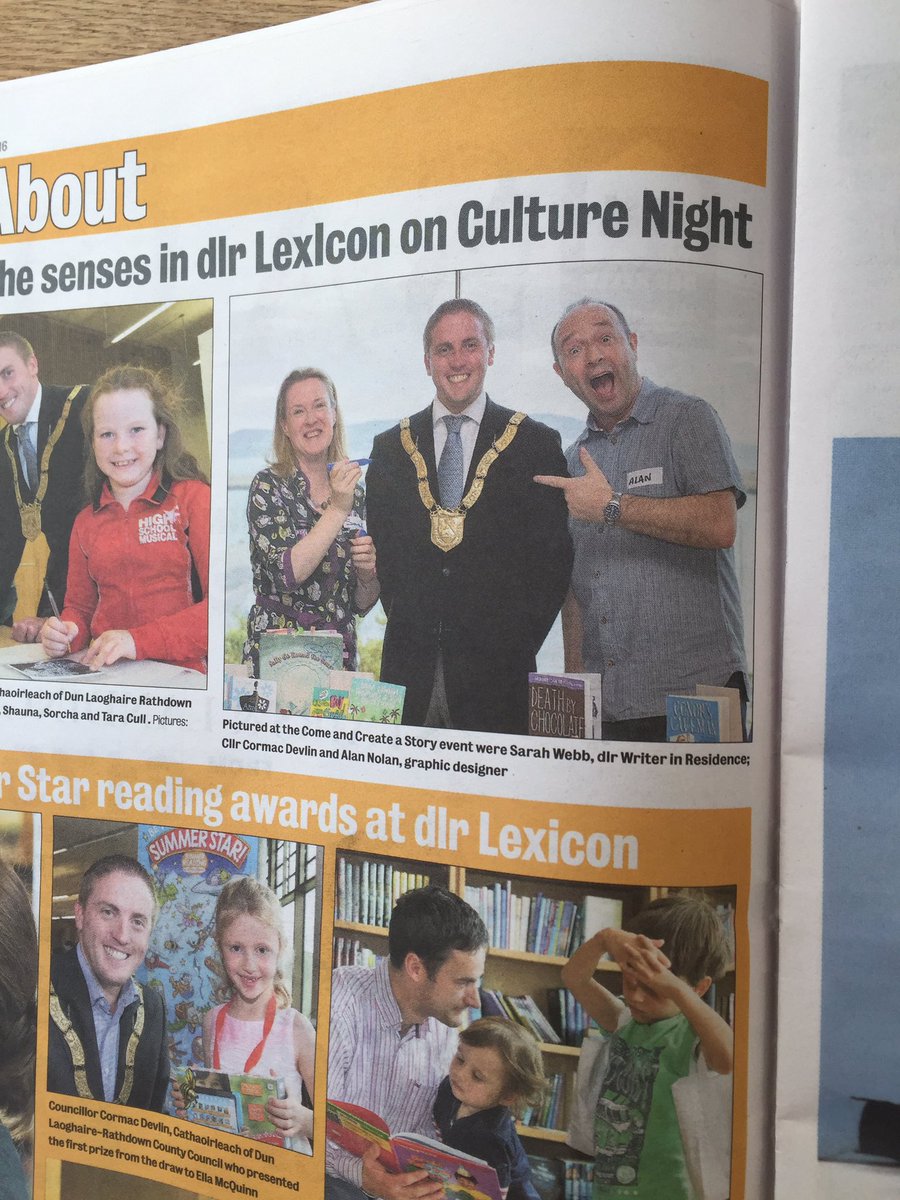




![IMG_7081[1]](https://images.squarespace-cdn.com/content/v1/58973315e4fcb5808a5b7d9e/1486377417818-SULL8UPZT6TRQK98R1L3/img_70811.jpg)
![IMG_7082[1]](https://images.squarespace-cdn.com/content/v1/58973315e4fcb5808a5b7d9e/1486377418771-QCIUFZ9VCAMJ7LX28YG1/img_70821.jpg)
![IMG_7085[1]](https://images.squarespace-cdn.com/content/v1/58973315e4fcb5808a5b7d9e/1486377418972-CHCGKYUF0NZHKY2VOM5X/img_70851.jpg)
![IMG_7083[1]](https://images.squarespace-cdn.com/content/v1/58973315e4fcb5808a5b7d9e/1486377418851-AMY3Y6X8NJW3LVUORGJ9/img_70831.jpg)



















